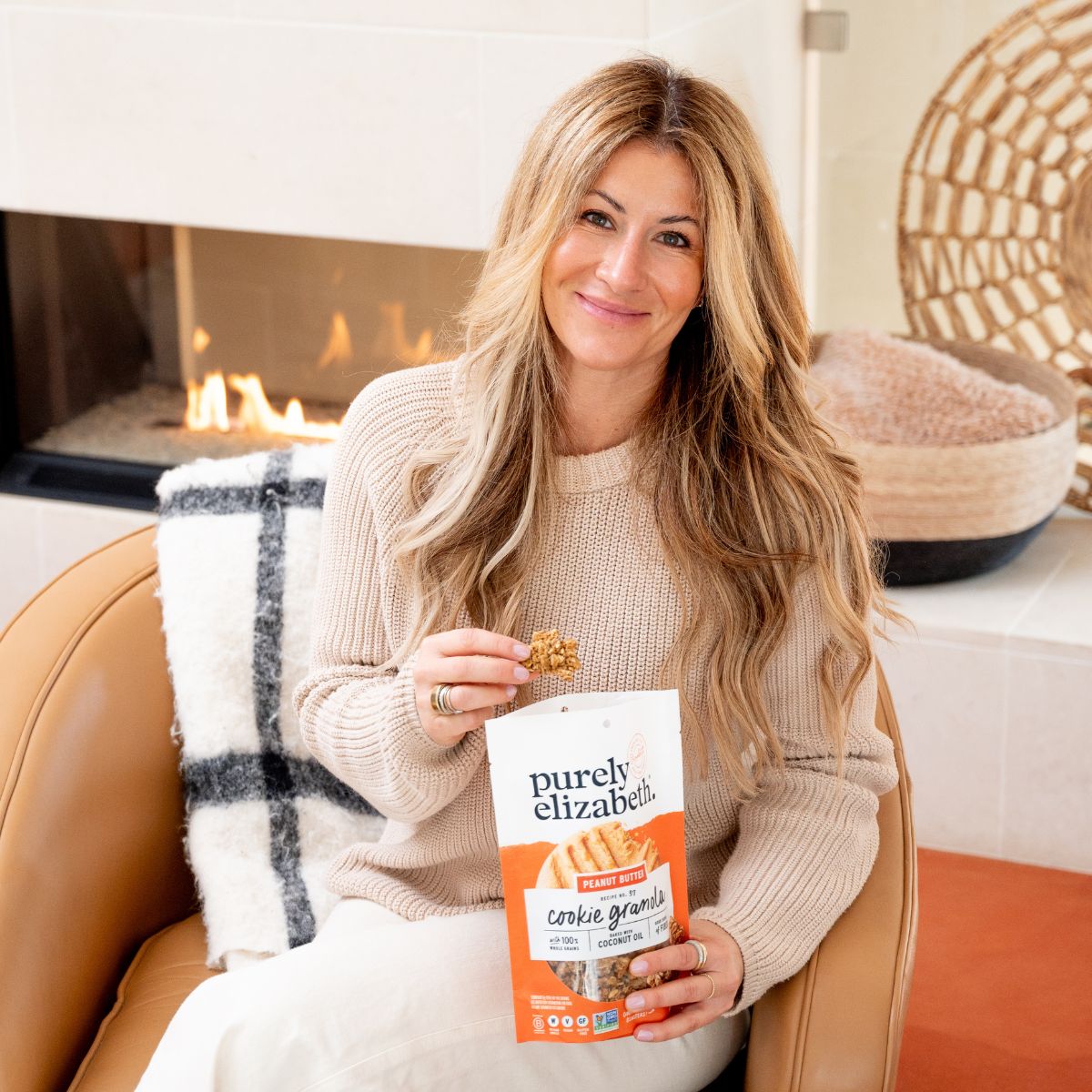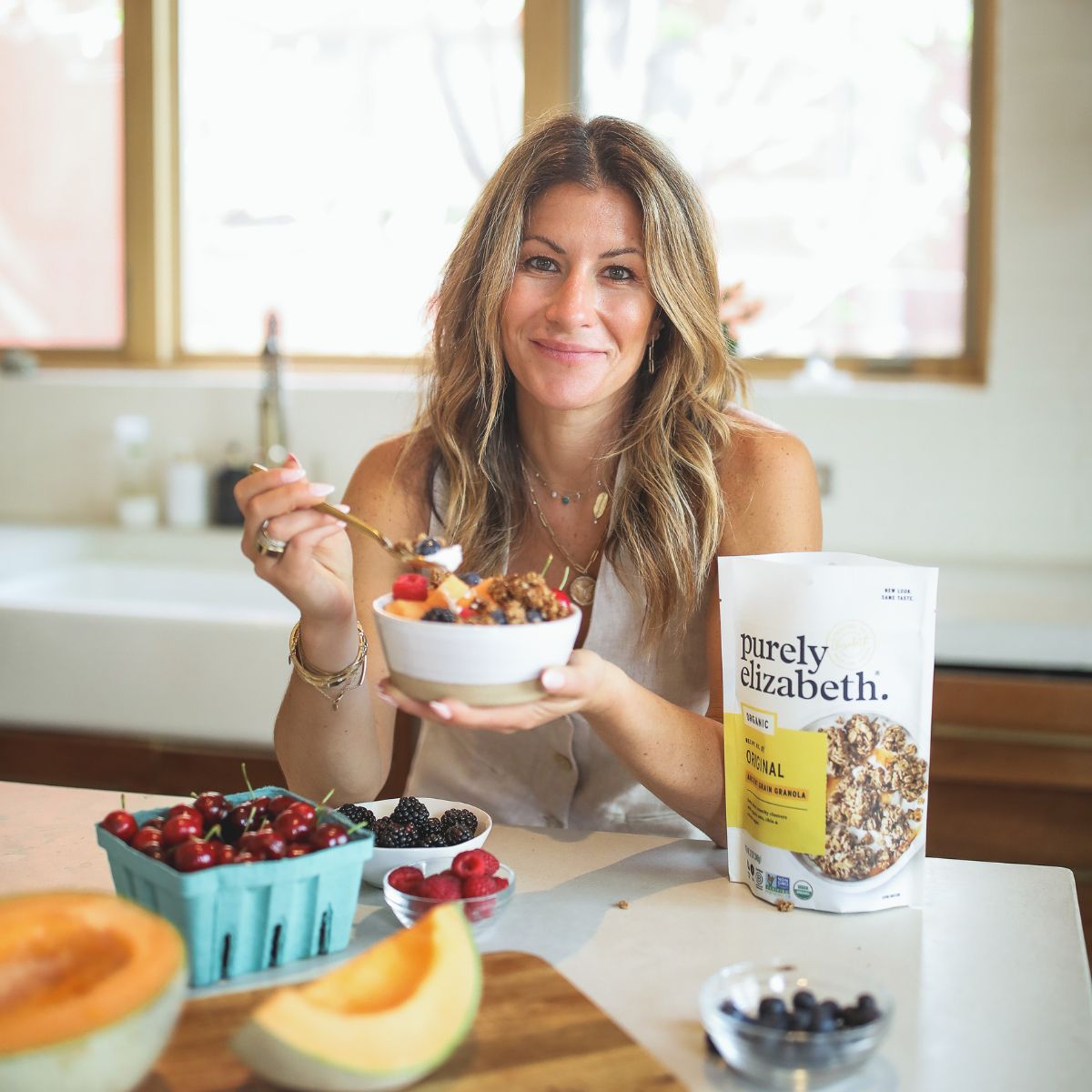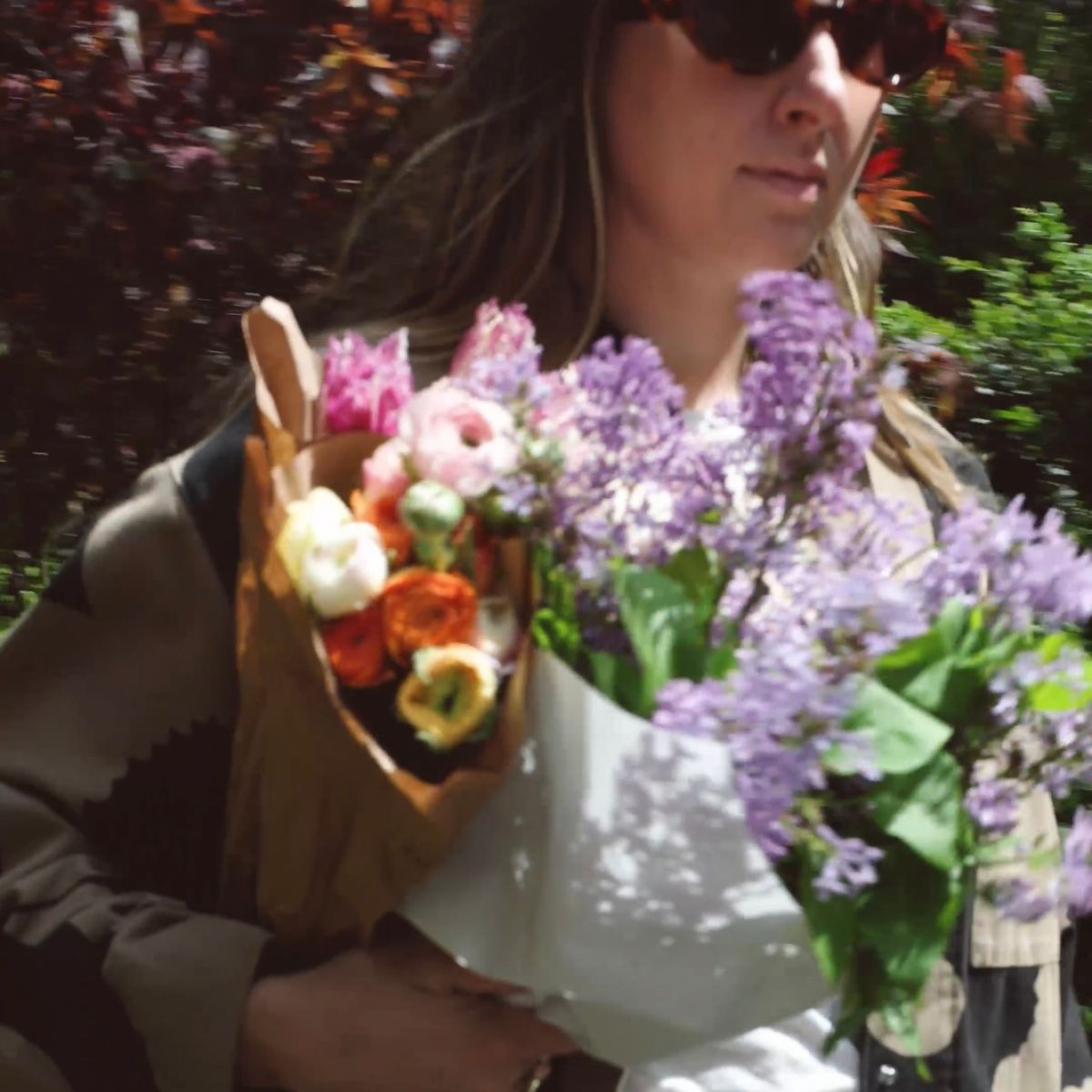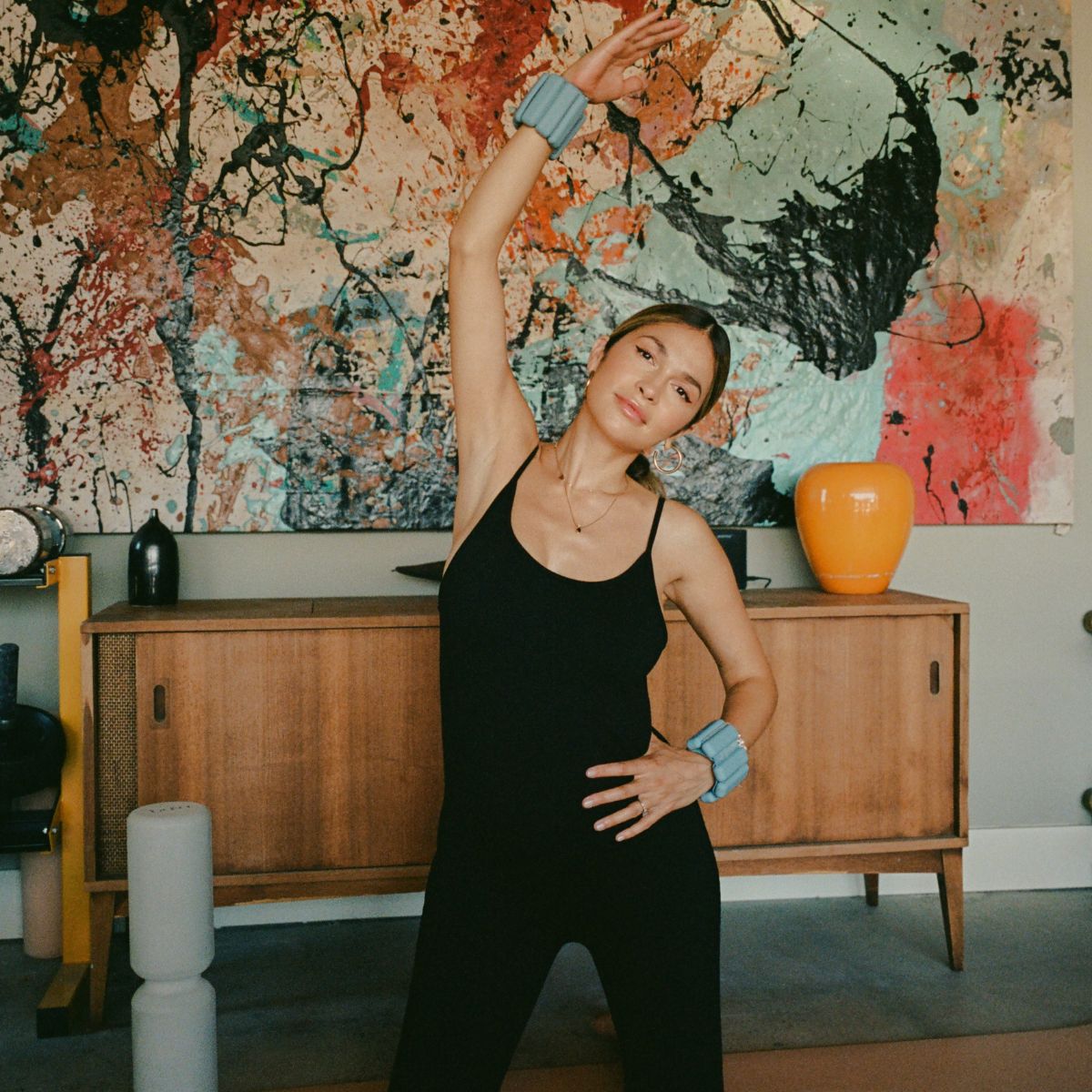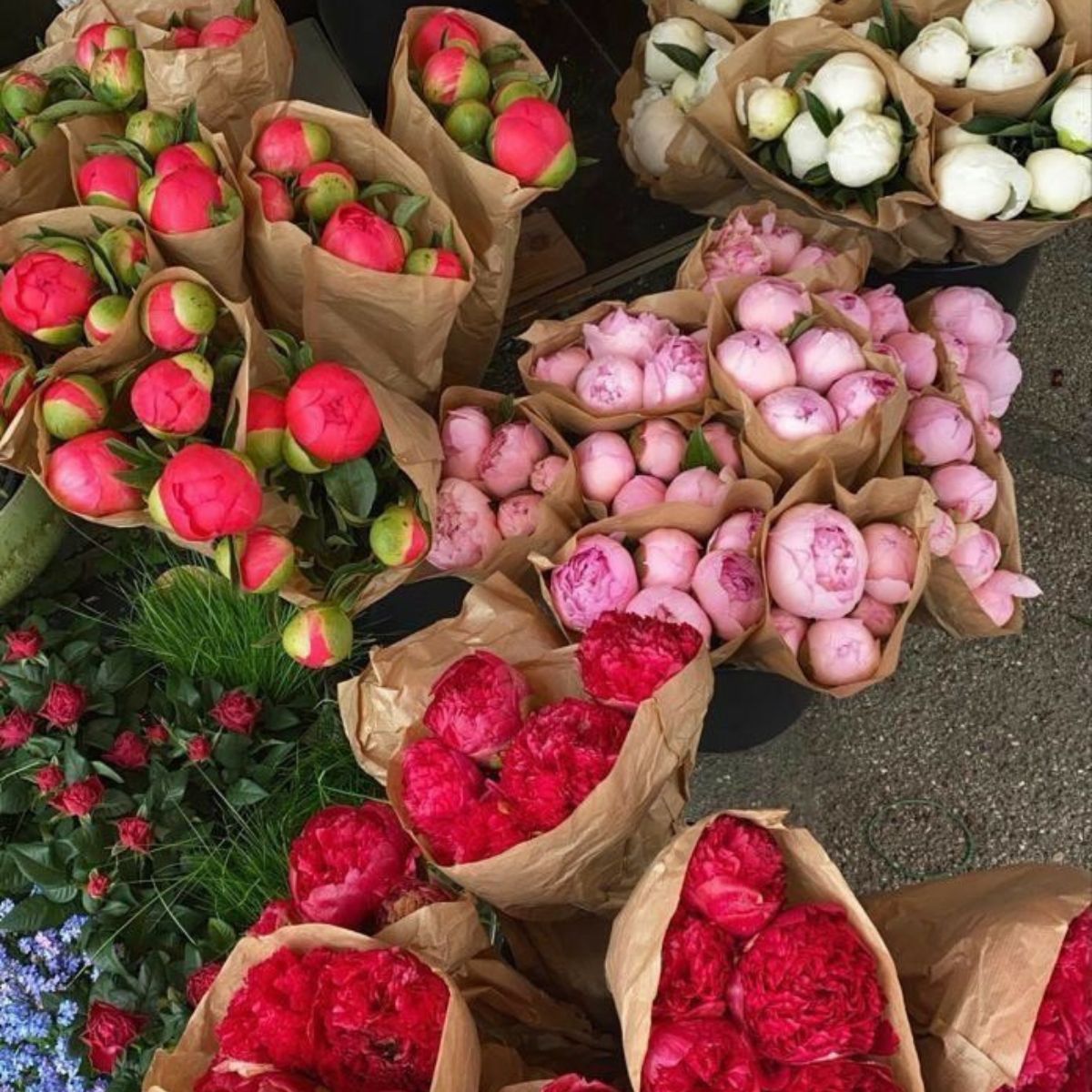Elizabeth welcomes Jesse Merrill, Co-Founder and CEO of Good Culture, the maker of ridiculously good cottage cheese and the perfect snack pairing with some Purely Elizabeth granola. Jesse talks about food as medicine and the importance of gut health, how we can reinvent the food systems using regenerative agriculture, and what he learned at his time with Honest Tea about building a mission-based brand. Jesse opens up about his own health struggles and the personal wellness journey that led him into launching Good Culture in 2015. At the end of the episode, Jesse gives us a glimpse of what’s usually in his shopping cart and a few of his favorite life hacks for staying energetic and centered during his busy days.






